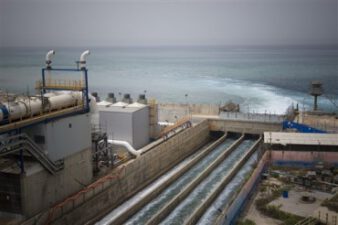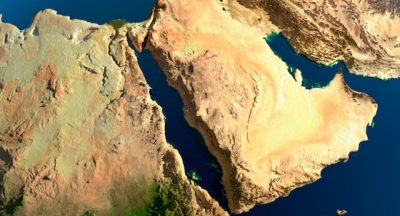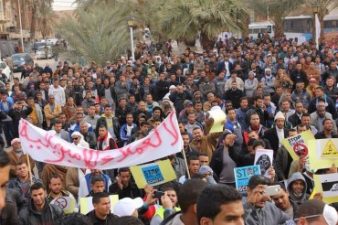 Roughly half of the world’s population lives in resource-rich countries, and yet the same number survives on less than $2.50 per day. How can this be? Partly, the answer lies with irresponsible resource extraction. Giant corporations move in to communities, suck up their oil, gas, or minerals, make shifty deals with corrupt governments, and leave behind a big mess.
Roughly half of the world’s population lives in resource-rich countries, and yet the same number survives on less than $2.50 per day. How can this be? Partly, the answer lies with irresponsible resource extraction. Giant corporations move in to communities, suck up their oil, gas, or minerals, make shifty deals with corrupt governments, and leave behind a big mess.
Rivers are polluted, air quality destroyed, and a way of life for people who survive on those natural resources is often irrevocably destroyed. But what if there was a better way? What if companies try to lessen their environmental impact and regenerate the landscape? What if they voluntarily ensure that communities also benefit from the wealth obtained? Cue the Extractive Industries Transparency Initiative (EITI).
Launched at the 2002 World Summit for Sustainable Development, EITI is a voluntary coalition made up of governments, companies, civil society groups, investors and international organizations.
It was founded to promote greater revenue transparency in the extractive industries, such as oil, gas and mining. Entirely voluntary, no one organization or country is required to join.
Currently 37 countries are signatories of EITI, 18 of which are deemed compliant. But what does it mean to be EITI compliant?
The EITI has a robust yet flexible methodology, known as the EITI Standard, that ensures that a global standard is maintained throughout the different implementing countries. The EITI Board and the international Secretariat are the guardians of that methodology. Implementation itself, however, is the responsibility of individual countries. The EITI, in a nutshell, is a globally developed standard that promotes revenue transparency at the local level. The EITI Rules establishes the methodology countries need to follow to become fully compliant with the EITI.
Great emphasis has been placed on creating a framework that encourage countries to report how much money they are receiving from companies in the oil, gas and mining sector, and on requiring companies to report their earnings as well – all in an effort to reduce corruption, tax evasion and other social ills that plague so many resource-rich developing countries.
Now the International Institute for Environment and Development (IIED) is encouraging EITI to take this voluntary initiative one step further.
Leaning on research conducted in the oil and gas rich Caspian Sea region and focusing on Azerbaijan, which is EITI compliant, Kazakhstan, an EITI candidate and Turkmenistan, which has expressed an interest in joining EITI, IIED published a report that encourages even more efforts to ensure that extractive industries work for the environment and local people.
“Countries in the Caspian region have considerable natural wealth in the form of oil and gas deposits that can provide the basis for great improvements in national development, so long as there are strong institutions, greater transparency and accountability, and enforcement mechanisms in place,” says co-author of the report, Professor Ingilab Ahmadov of Azerbaijan’s Khazar University.
IIED has made a handful of recommendations that could help EITI signatories ensure greater governance and accountability. These include prioritizing capacity building in host communities, developing self-evaluation criteria that operates on a competitive ranking system that would motivate member countries to improve their reporting and results, and strengthening their own minimum requirements.
Natural wealth for everyone
“Natural resource wealth should translate into tangible benefits for citizens,” says IIED’s project leader, Dr Emma Wilson. “The EITI is just one of a growing number of initiatives that aim to ensure greater transparency in how governments and companies share the wealth in sectors such as oil, gas and mining.”
“The EITI has had a promising start,” Wilson continues.
”But there is clear potential for it to move beyond transparency and push also for greater accountability and enable civil society to make use of the information it generates to hold governments and companies to account.”
Critics will find all kinds of opportunities for signatories to subvert the system, however the EITI initiative suggests that despite the preponderance of companies that only care about the bottom line, bullies who freely commit ecocide, at least a handful of organizations and countries appear committed to finding a better way.
Image of truck loading clay, Shutterstock



